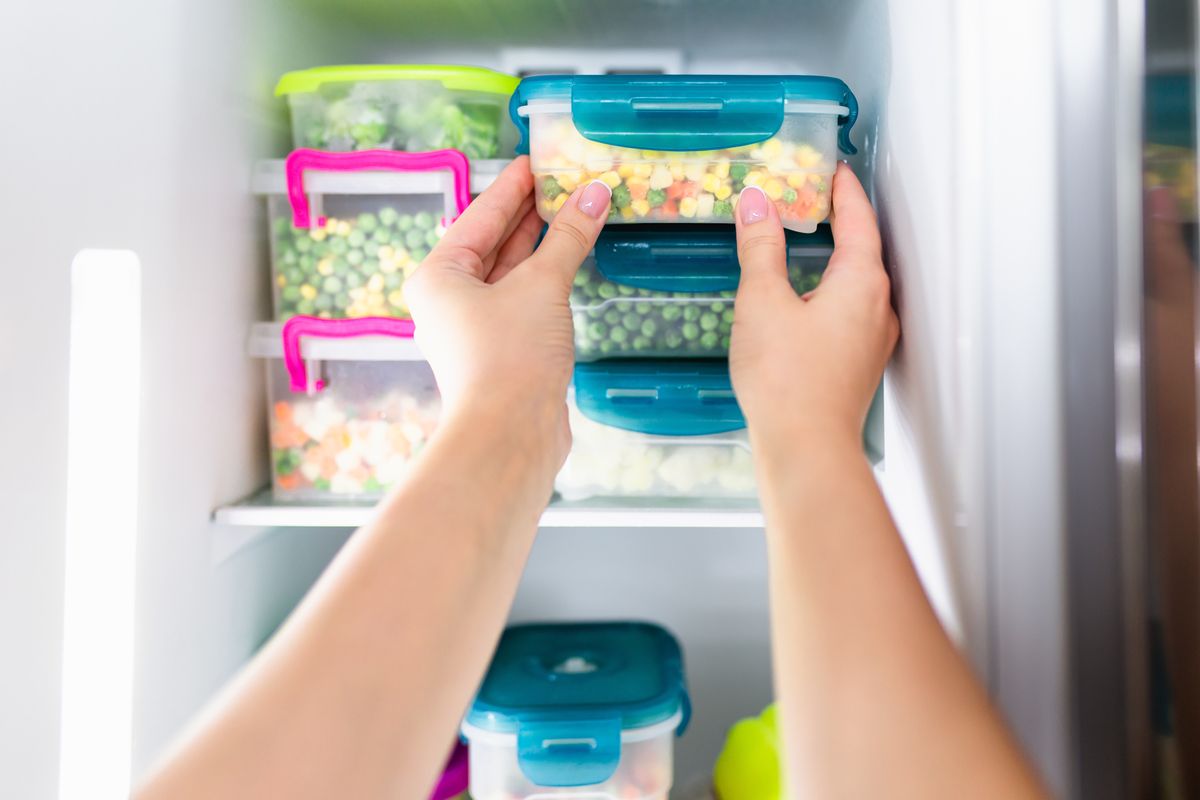Fresh or Frozen? How to Negotiate the Produce Department
February 23, 2017
If you’ve ever found yourself mulling over fresh versus frozen broccoli in the grocery store aisles, the debate stops now. According to findings from the University of California, Davis, the nutritional differences between fresh and frozen fruits and vegetables is pretty minimal. Researchers assessed the vitamin, mineral, fiber and antioxidant profiles of these common foods: blueberries, broccoli, carrots, corn, green beans, peas, spinach and strawberries. Here are a few pointers to keep in mind as you shop.

- In the freezer aisle, look for packaging that says “individually quick frozen” or “IQF” as a mark of quality.
- For more vitamin C, reach for frozen blueberries, corn and green beans instead of fresh varieties.
- For more riboflavin (a B vitamin that helps release energy from proteins), choose fresh peas and frozen broccoli.
- Once you’re home, store frozen berries at the back of your freezer to cut down on nutrient loss from frequently opening and closing the door.
- Our recommendation for frugal dancers? Let the week’s prices be your guide.





